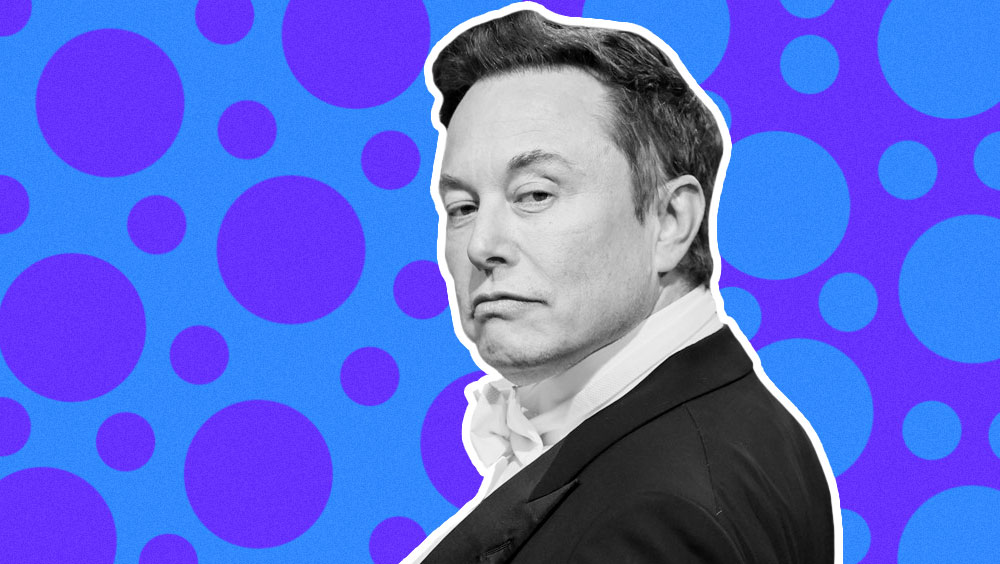
Elon Reeve Musk is a South African-born business magnate, investor, and engineer who has become a household name for his innovative ideas and technological advancements. He has founded several companies with the aim of making the world a better place through the application of technology.
Overview of Elon Musk's Inventions
In addition to these companies, Musk is also the founder of SolarCity, a solar panel installation company that he founded with his cousins. The company provides solar power systems to homes and businesses with the aim of reducing our dependence on fossil fuels.
Musk has made several major inventions and breakthroughs throughout his career. He was instrumental in the development of PayPal, an email payment service that revolutionized the way we make online payments. His work on electric motors and battery technology has also paved the way for the widespread adoption of electric vehicles.
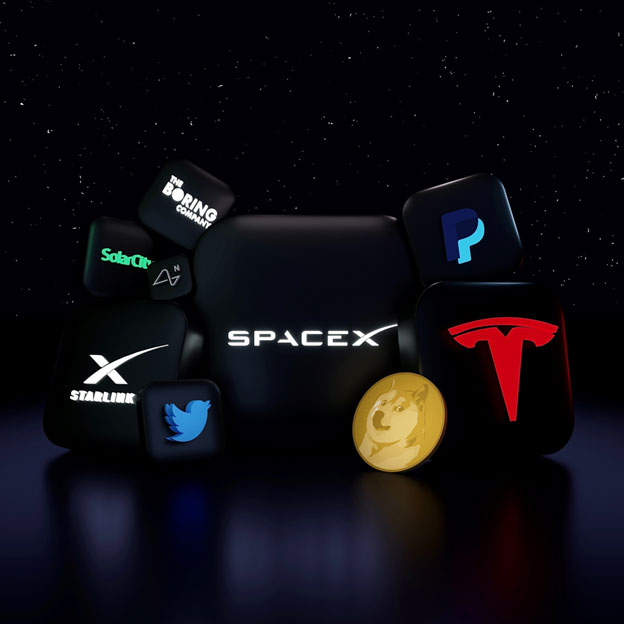
Musk's other notable inventions include the Hyperloop, a high-speed transportation system that uses vacuum-sealed tubes to transport passengers and cargo at speeds of up to 700 miles per hour, and Neuralink, a neurotechnology company that is developing implantable brain-computer interfaces.
Tesla Motors and Electric Cars
Tesla Motors was founded in 2003 with a mission to accelerate the world's transition to sustainable energy. The company's vision was to create high-performance electric cars that are not only more efficient but also better in terms of driving experience than traditional gas-powered cars. Elon Musk knew that in order to create a sustainable future, the transportation sector needed to switch from fossil fuels to clean energy, and thus, the foundation of Tesla Motors was laid.
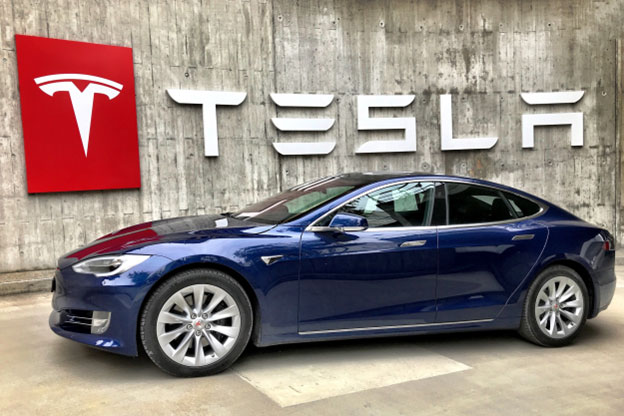
The first electric car produced by Tesla Motors was the Roadster, which was unveiled in 2006. This car had a range of 245 miles per charge, making it the first electric car to have a range that could rival conventional gas-powered cars. The Roadster had a top speed of 125 miles per hour and could go from 0 to 60 miles per hour in just 3.7 seconds.
However, Tesla's success didn't come easy. The Roadster faced a lot of criticism and skepticism from the automotive industry, with many experts calling it a novelty product. But Tesla persevered and continued to improve their technology and design, eventually producing a sedan, the Model S, in 2012.
The Model S was a game-changer, with a range of 265 miles per charge, a top speed of 130 miles per hour, and the ability to go from 0 to 60 miles per hour in just 4.2 seconds. The Model S received numerous awards and accolades, including being named the 2013 Motor Trend Car of the Year and the 2013 World Green Car of the Year.
The impact of Tesla's electric cars on the automotive industry can't be overstated. Tesla showed that electric cars could be viable, practical, and desirable, paving the way for other car manufacturers to follow suit. Tesla also disrupted the traditional dealership model by selling directly to consumers, rather than through dealerships.
Tesla's success has also been instrumental in creating a shift towards clean energy and reducing our dependence on fossil fuels. The company's electric cars have helped to reduce emissions in the transportation sector, which is responsible for around a quarter of global carbon emissions.
In conclusion, Tesla Motors has not only revolutionized the automobile industry but also played a significant role in the fight against climate change. The company's vision to create high-performance electric cars has created a new standard in the industry, and the impact of Tesla's electric cars is sure to be felt for many years to come.
SpaceX and Rocket Ships
In 2002, Elon Musk founded SpaceX with the goal of revolutionizing space travel and making life multi-planetary. Musk believed that humanity needed to establish a self-sustaining colony on Mars in order to ensure the survival of our species in the long term.
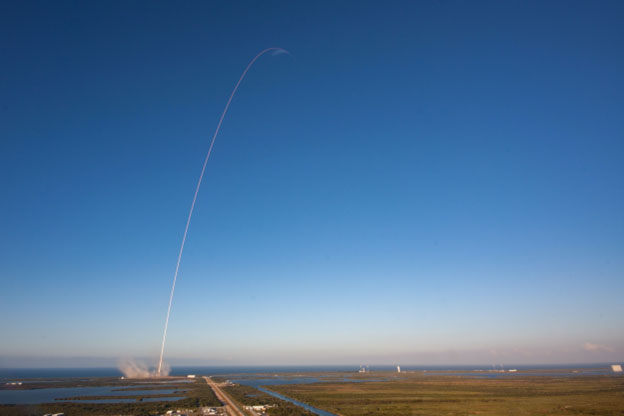
One of the major innovations of the international space station has been the development of reusable rockets. Traditional rockets are disposable after one use, which can be very expensive. SpaceX's reusable rockets can land themselves back on Earth after delivering their payload to space, allowing them to be used again on future missions. This has greatly reduced the cost of space travel and made it more feasible for private companies like SpaceX to get involved in the industry.
The future of space travel and exploration looks bright thanks to companies like SpaceX. With reusable rockets, space travel is becoming more cost-effective and accessible. In addition to Mars, SpaceX is also exploring the idea of colonizing other planets and moons in our solar system, such as the moon Europa around Jupiter. With its innovative technology and ambitious goals, SpaceX is truly revolutionizing the way we think about space travel and exploration.
SolarCity and Renewable Energy
SolarCity, a company co-founded by Elon Musk, had a mission to make solar energy accessible to everyone. Musk saw the potential in solar energy to revolutionize the way we power our homes and reduce our carbon footprint. SolarCity's approach was to make it easy and affordable for homeowners to install solar panels on their roofs. They would provide financing, installation, and maintenance services, making it a hassle-free process for customers.
The role of solar energy in the clean energy revolution cannot be overstated. Due to climate change, it's becoming clearer by the day that we need to shift away from fossil fuels and towards renewable energy sources. Solar energy is a key player in this shift. It's abundant, renewable, and emits none of the harmful pollutants that come with burning fossil fuels.
The benefits of widespread solar adoption are numerous. First and foremost, it would greatly reduce our reliance on fossil fuels, which are finite resources that have a negative impact on the environment. It would also help to lower energy costs for consumers in the long run, as solar panels can provide free energy once they've paid for themselves in savings. Solar energy is also a major job creator, with the potential to provide employment opportunities across a range of industries.
However, there are also challenges to widespread solar adoption. One of the biggest hurdles is the upfront cost of installing solar panels, which can be prohibitively expensive for many homeowners. There is also the issue of intermittency, as solar panels only generate electricity when the sun is shining, so energy storage solutions are needed to ensure a consistent supply of power. Nonetheless, as technology continues to improve and costs come down, solar energy is becoming more and more viable as a mainstream energy source.
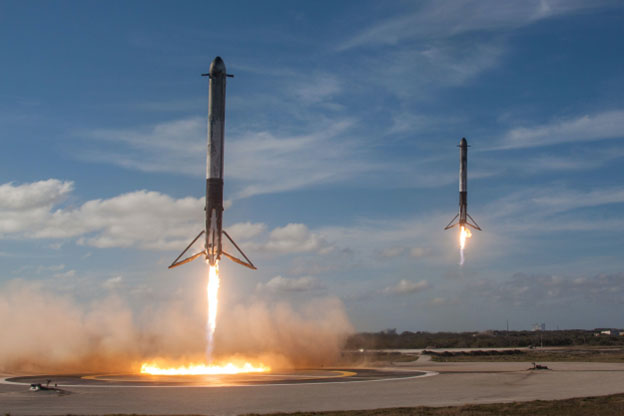
The Boring Company and Transportation
Transportation is a vital aspect of modern society. As we continue to grow and expand our cities, the need for efficient transportation solutions becomes more pressing. This is where The Boring Company comes in. Founded by Elon Musk, this tunnel construction company aims to revolutionize transportation by creating a system of underground tunnels for vehicles to travel in.
The concept of underground transportation may seem futuristic, but it has the potential to solve many of the problems we currently face with traditional above-ground transportation. One major benefit is that it could greatly reduce traffic congestion, as vehicles would no longer need to compete with each other for space on the roads. It could also potentially reduce the environmental impact of transportation, as electric vehicles could be used within the tunnels, emitting zero emissions and reducing reliance on fossil fuels.
Of course, there are also challenges that come with building an underground transportation system. The cost and logistics of digging tunnels is daunting, and there are concerns about the potential disruption and displacement of communities in the areas where the tunnels would be constructed. However, The Boring Company claims to have developed technology to make tunneling faster and less expensive, which could help to overcome these challenges.
Despite the challenges, the potential benefits of The Boring Company's technology are significant. It has the potential to transform the way we move through our cities, making transportation faster, more efficient, and more sustainable. As with many of Elon Musk's projects, it's an ambitious vision, but one that could have a profound impact on our society and our planet.
